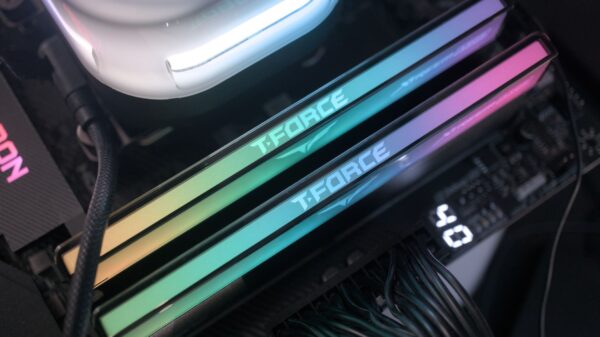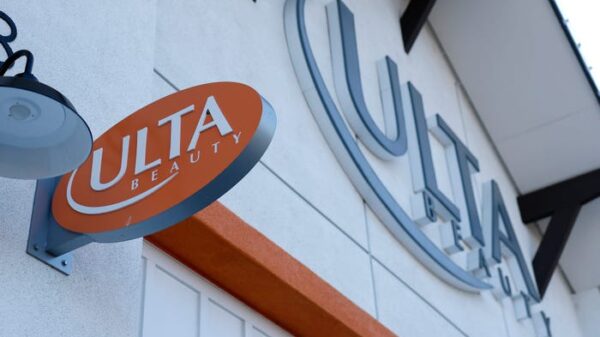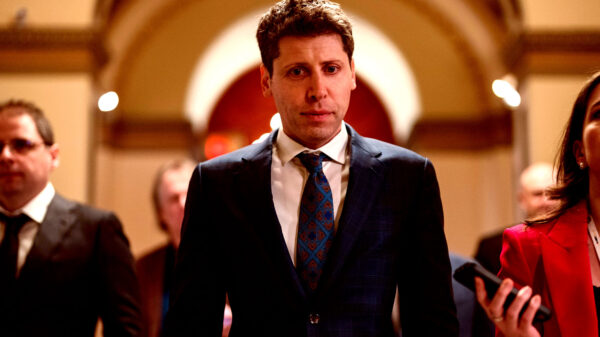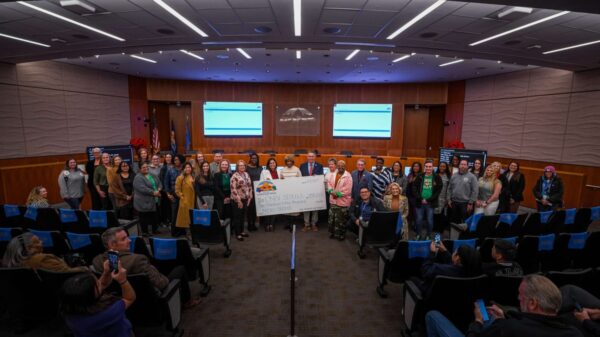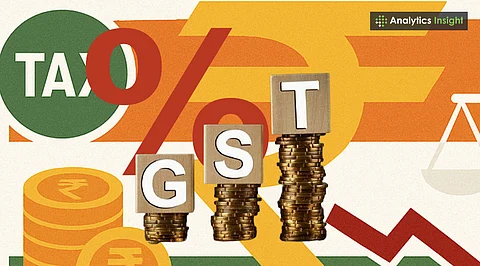Recent cuts to the Goods and Services Tax (GST) have led to unprecedented festive sales in Karnataka, yet state finance officials are sounding alarms about potential revenue shortfalls in the coming months. While businesses celebrate significant growth, government authorities caution that the financial benefits of these sales may not be sustainable.
Record Sales Surge Following GST Changes
The GST Council recently restructured tax slabs, reducing the number of rates from four to two and introducing a special category for luxury goods. This change has resulted in lower prices for approximately 375 commonly used items, including automobiles, electronics, apparel, and footwear. Trade associations report that this year’s Dasara sales have reached the highest levels in over a decade, with growth rates ranging from 35% to 100% across major retail categories.
“Consumer sentiment is clearly upbeat as the prices of many goods have fallen simultaneously,” stated Mayank Rohtagi, secretary of the Bangalore Commercial Street Association. He noted that sales growth has averaged around 45% year-on-year, with electronics, garments, and footwear leading the charge. Some automobile brands have even reported sales doubling compared to last year. Retailers are optimistic that this momentum will carry into Diwali, hoping for another round of record-breaking purchases.
Revenue Shortfall Raises Concerns
Despite the surge in sales, commercial tax authorities express caution. Officials warn that the current boost may be temporary and insufficient to counteract the anticipated revenue loss resulting from the GST cuts. “Revenue shortfall looks imminent as this spurt is unlikely to last beyond Diwali,” warned Vipul Bansal, Commissioner of Commercial Taxes. He highlighted that with lower tax rates, the state would need to see at least 40% sustained sales growth to match last year’s collections, a prospect he deemed unrealistic.
Initial projections indicated a revenue shortfall of Rs. 15,000 crore, but revised assessments suggest losses could exceed Rs. 17,000 crore. Data from September shows Karnataka’s GST collection at Rs. 13,495 crore, reflecting a gross growth of 7%, in line with the national average. However, after adjusting for Integrated Goods and Services Tax (IGST) settlements, net collection was reported at Rs. 6,653 crore, a modest 5% increase, falling short of the earlier fiscal year’s growth rate of 12%.
In response to these concerns, Chief Minister Siddaramaiah, who also holds the position of Finance Minister, had budgeted Rs. 92,133 crore in GST collections for fiscal year 2025, with Rs. 39,132 crore raised so far. Economic adviser Basavaraj Rayareddi indicated that the government is actively seeking measures to enhance compliance and will continue to pursue compensation from the central government for the projected shortfall.
“Consumption has risen due to lower prices, and we hope this momentum sustains,” remarked B.T. Manohar, a member of the State GST Advisory Committee. He acknowledged that while increased affordability has driven sales, maintaining revenue alongside this affordability will be the real challenge in the upcoming months.


